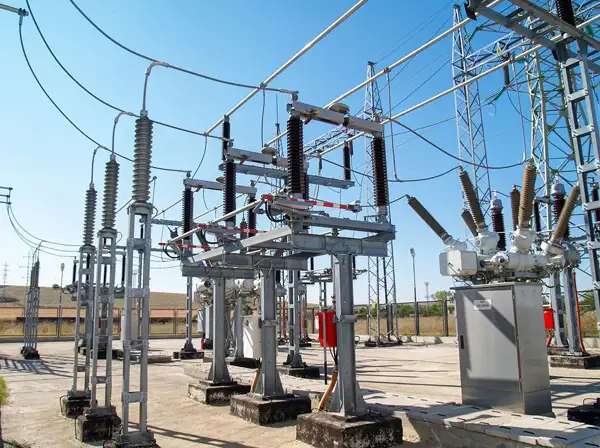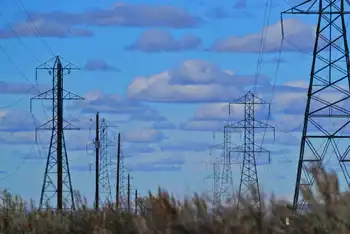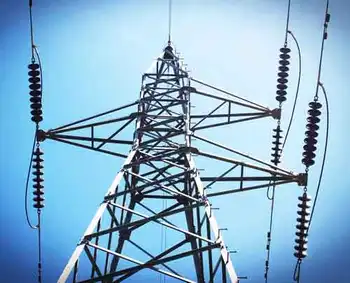NB Power reform could reduce costs
By CBC News
Protective Relay Training - Basic
Our customized live online or in‑person group training can be delivered to your staff at your location.

- Live Online
- 12 hours Instructor-led
- Group Training Available
Kenneth Sollows, an engineering professor at the University of New Brunswick in Saint John, writes in an election analysis article for CBC News that a restructuring of the province's electricity market would likely lead to lower rates for many customers.
Sollows served as a member of the Public Utilities Board the province's regulatory board until it was replaced by the Energy and Utilities Board in 2007.
He said NB Power has greatly subsidized its rates, when adjusted for inflation, for industrial users for decades at the expense of other customers.
"If we choose not to deal with these problems, as we have done since 1973, there will still be groups of winners and loser in the short run," Sollows said.
"This difference is that we will all be losers in the long run."
Industrial rate subsidies peaked at 45 per cent in 1961 while residential and commercial customers, mainly small businesses, paid a premium of 74 per cent.
Decades later, industrial customers are still paying power prices that are roughly 25 per cent cheaper than the true cost of generating power and retail power users are still paying a premium of about 20 per cent on their electricity bills.
Reforming New Brunswick's power corporation will be a touchy subject for whatever party forms a government after the September 27 election.
Premier Shawn Graham's Liberal government ignited a political fury last October when he announced a deal to sell NB Power to Hydro-Quebec. That deal ultimately collapsed in the face of widespread public anger.
Sollows writes that successive governments have botched the energy file but the former regulatory official doesn't simply point the finger at the utility or government officials for the failures.
"What is this problem? Well, at its core it is not really a problem with NB Power. It's a problem with us, with our conflicting desires and aspirations for energy sources, availability and pricing, and not just electricity pricing," he writes.
Before NB Power can be properly restructured, Sollows argues that a discussion must be held on whether to continue rate subsidies for special classes or whether each group should pay the true cost for its power.
Sollows said he would endorse a model that ended special rates for specific customer classes.
"I take a dim view of price subsidies. I suspect that cost-based pricing is well worth any hardship it may cause energy users, particularly large ones," he writes.
"If a company cannot cover the cost of its own inputs, the owners should seriously consider replacing the managers. If a whole industry cannot pay its own way in the world, it is a poor investment for the owners and certainly no basis for our future prosperity."
Further, Sollows said an honest debate must also take place on what costs should be picked up by ratepayers.
The former regulator writes that many costs, such as the "costs associated with the conversion of a power plant to use a fuel that cannot be bought," should not be passed onto ratepayers in the form of higher rates.
When the future path for NB Power starts being charted, a key question that will have to be answered is whether the utility should stay in the hands of the provincial government.
Graham discovered earlier this year what happens when a premier entertains the possibility of selling the utility.
Sollows said the question of ownership isn't as important as the management and regulatory structures put in place.
Government ownership can lead to lower borrowing costs but he also points out that it can lead to spending ratepayers dollars on more costly projects.
"As we have seen, debt can accumulate to the point that other, more important government initiatives are cut back or abandoned," Sollows writes.
"When the choice becomes one between better health care and education or slightly cheaper electricity, it's not so clear that government ownership is best."















